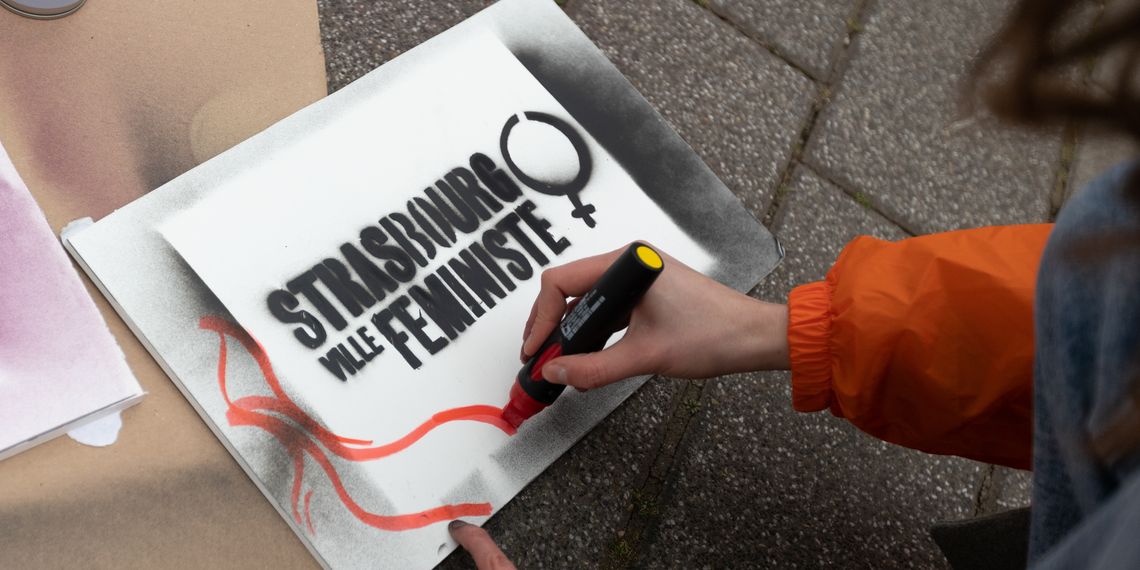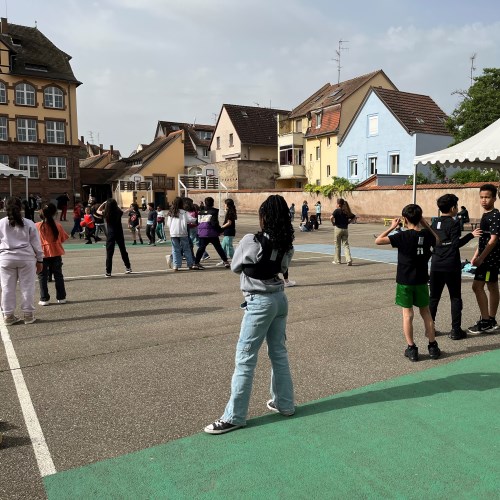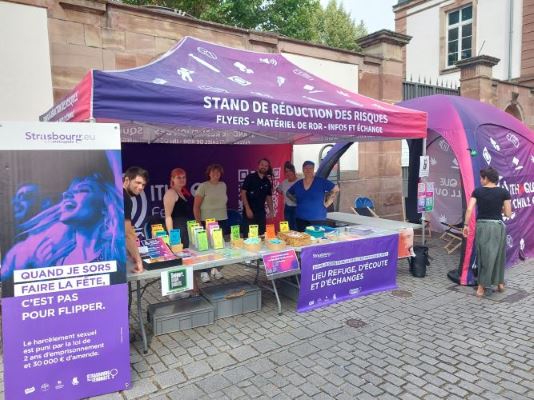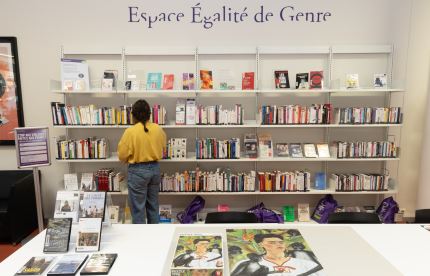In the face of violence against women, the City of Strasbourg takes action!

According to the Ministry of the Interior, 244,000 victims of domestic violence were recorded by security forces in 2022, marking a 15% increase compared to 2021. This figure, updated every November for the previous year, confirms a sad reality. Among the victims, a large majority are women (86%), while the perpetrators are most often men (87%).
An action plan to act daily
Since 2020, the city has committed to a simple yet transformative action: collectively supporting the expression and voice of women. A powerful message of advocacy carried by local associations, which the city has translated into concrete actions for women's rights and gender equality:
- An increased annual budget dedicated to the Women's Rights and Gender Equality Mission, now amounting to €370,000.
- 74 shelter spaces created for women victims of violence or seeking to exit prostitution.
- €800,000 in annual grants allocated to associations working in the areas of violence prevention, welcoming, supporting, and assisting women victims of violence. For example, the Family Planning organization has been able to create support groups for women who have experienced sexual violence.
- 16 medical-social centers across the territory, and a network of trained professionals to welcome and support women victims of sexual, sexist, intrafamilial violence, and more.
Preventive measures from an early age

The entire educational team is also involved in the initiative. Staff members are trained in promoting gender equality in schoolyards and classrooms. They are encouraged to use a "game wheel" to offer activities that mix boys and girls more, such as mime, which fosters empathy and kindness. The city's services have also designed a "violence-o-meter," which children can refer to in order to identify situations that need to be reported.
Another area of prevention is sexual and gender-based violence that occurs in the street or at night. To uphold the slogan it initiated, "When I go out to party, it's not to be scared," the city has implemented awareness campaigns for the general public, as well as safe zones at events such as the music festival.

Training professionals to listen to a victim's testimony and ensure their safety is also another aspect of this initiative. To further its policy on combating violence in public spaces, the city is also working on implementing an action plan against street harassment, as part of the redevelopment of the Halles and Gare sectors.
Budget: A Step Closer to Equality

In addition to implementing internal actions, such as introducing a gynecological health leave for female employees, the City of Strasbourg is innovating even in the way it chooses public policy directions. Before receiving funding, each project is now subject to “Gender-Sensitive Budgeting.” The idea is to examine how public expenditures and revenues are used, questioning whether they have a positive or negative impact on gender equality, and making adjustments to the action when necessary.
Since 2023, the City of Strasbourg has been receiving support from experts at the European Commission under the “Gender Flagship” program. This first year of practice has already led to a rethinking of the entire organization of the participatory budgeting process, inviting citizens to take part, ensuring that the selected projects and participation conditions equally empower women and men.
